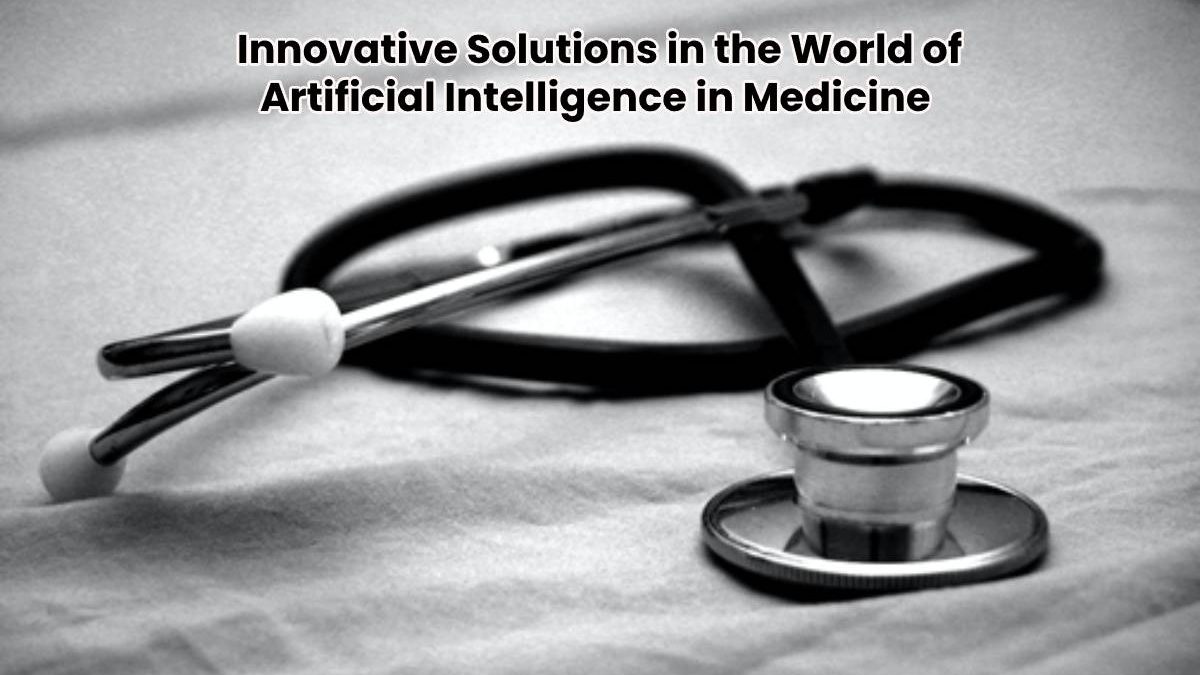Innovative Solutions in the World of Artificial Intelligence in Medicine
Over time, Artificial Intelligence (AI) transforms different fields (education, construction, healthcare, etc.) for pattern recognition and problem-solving simulation that humans might have missed. Artificial intelligence in medicine, for instance, is needed to recognize or diagnose many diseases. As a result, it is easier for clinicians and physicians to interpret specific results more quickly and efficiently.
Therefore, what does artificial intelligence in medicine have to offer medical practitioners and patients?
Table of Contents
The Importance of Artificial Intelligence in Medicine
Without us knowing it, we have been using AI technology in our lives. These include online search engines, virtual assistants, and other apps and technologies. Well-known companies develop new AI technologies, and still many more to come. Some involved companies are Intel, Google, IBM, Microsoft, and others.
There are several applications based on artificial intelligence in medicine that support this field, including:
Image Processing
Image processing is very important in carrying out analysis and diagnosis of images, especially from MRI Scan, Ultrasound, X-rays, and CT Scan.
Health and Wellness Apps
There are various health and wellness apps on smartphones which are directly connected to a smartwatch using AI. These technologies are programmed to help you move daily to exercise and support your overall health. These smartphone apps are not only able to predict early signs of diseases, but they can also help you stay in shape.
Expert System
An expert system in AI is a computer-based system capable of helping humans in decision-making. Cadet (A Computer-Based Clinical Decision Support System for Early Cancer Detection) is one example of an expert system.
Surgical Robots (Biorobotics)
Biorobotics are robot machines that assist in performing medical surgeries. In 2000, the Da Vinci surgical system showed its capability to perform coronary bypass surgery.
The Basic Use of Artificial Intelligence in Medicine
In today’s modern medical field, advances based on AI technology in medicine (machine learning and deep learning) have greatly facilitated the work of doctors. Therefore, these advanced innovations make it possible to diagnose diseases more accurately, find drugs faster, and even track patients’ conditions.
In addition, there are some of the primary uses of modern artificial intelligence in medicine include:
- Help clinicians diagnose a disease and optimize the patient’s treatment process.
- Reduce misdiagnosis rates and increase diagnostic efficiency.
- Recognize imaging results and provide more accurate imaging diagnostic information.
- Support drug research and improve the efficiency of new drug development.
- Provides more accurate patient prediction analysis results using extensive data analysis.
The application of artificial intelligence in medicine is not a new thing. Especially in medical diagnostics, AI is closely related to machine learning and deep learning, which have been used for decades. The application of AI in medical diagnosis has continued since the 1970s. Starting from simple applications to detect early signs of a particular disease to more complex applications.
In the medical world, AI applications have been used in various research to identify images in various fields, mainly radiology, neurology, pathology, and even orthopedics. Therefore, with careful consideration, AI can change the future of medicine and health practices. Its capabilities will help predict a patient’s future health more accurately.

